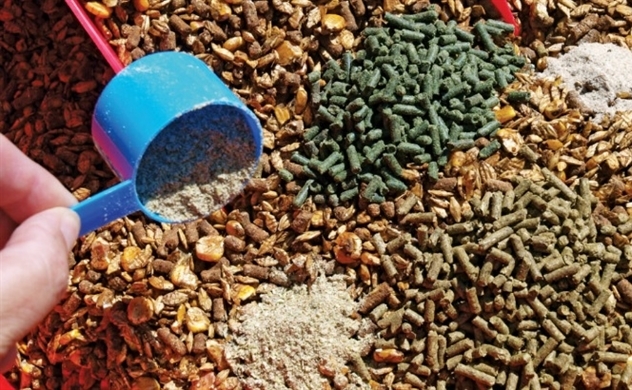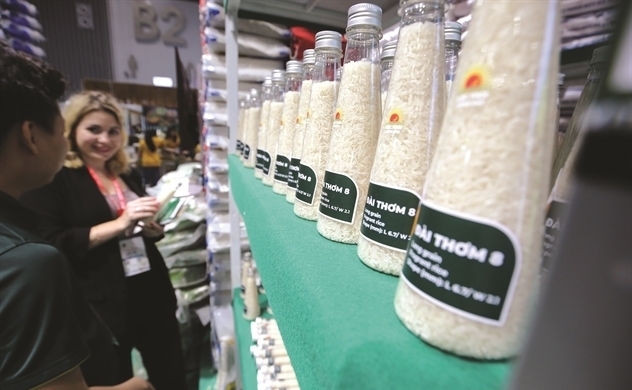Animal feed ingredient imports hit $3.1bln in seven months

Photo: Newstrail.com
Local animal feed producers spent $2.7 billion to import corn and soybeans in the past 7 months of 2022. The industry insiders also spent over $400 million to import other raw materials including oilseed meal, wheat 0.73, fish meal, bone meal, animal protein, and premix for local demands.
Domestic production of corn and soybeans only meets about 37% of the demand of the animal feed industry, said the Department of Livestock Production.
The import volume of corn in July 2022 reached 500,000 tons with a value of $191.7 million. Accumulating 7 months, corn imports reached 5.1 million tons, equivalent to $1.8 billion, down 21.9% in volume. Imported corn prices remained at a high level of $300 - $380 per ton.
The import volume of soybean in July was estimated at 250,000 tons with a value of $189.4 million, bringing total volume and value of soybean imports in 7 months to 1.3 million tons and $893.6 million respectively.
Brazil, the United States, and Canada are the three main soybean suppliers to Vietnam in the first half of 2022 with a 99.2% market share.
The production of industrial animal feed in the first half of 2022 reached 10.5 million tons, of which pig feed accounted for about 55% of the total production, an increase of about 13.2%, for poultry accounted for 40%, a decrease of about 8.6%, other types accounted for 5%, down about 12.5%, according to the Department of Livestock Production.
As The covid-19 epidemic has disrupted the global supply chain, affecting imported animal feed ingredients. The decrease in supply and the increase in transportation costs have increased the cost of raw materials and finished products.
In addition, The Russo-Ukrainian War is having a great impact on global food supply and prices, directly affecting corn and other agricultural products in the world and Vietnamese markets.
On the other hand, the United States increased bioethanol production from corn, and South American countries such as Argentina and Brazil lost their crops due to drought, causing a sharp drop in corn exports, and pushing up prices.
Source: VnEconomy

 TIẾNG VIỆT
TIẾNG VIỆT 


















